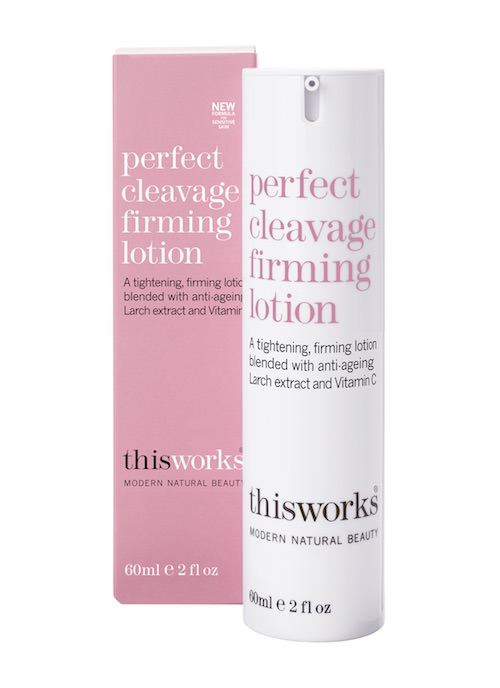Milk banks in a nutshell
When a mother gives birth prematurely or experiences complications during labour, it may be some time before her hormones catch up and she starts to produce breast milk naturally.
In the meantime, a seriously premature or ill baby will be cared for within the hospital’s neonatal intensive care unit or special care baby unit. Until the mother is able to nurse, the baby may receive donated milk from a milk bank.
How do milk banks work?
Milk banks aim to recruit breastfeeding mothers whose baby is less than six months old, because their breast milk is more suitable for younger babies, who have specific nutritional needs. Donors express their surplus milk in whichever way is comfortable for them (by hand, or using a manual or electric pump), and then freeze it in sterilised collection bottles provided by the milk bank. Participants will be asked to label their donations clearly and ensure their freezer is a minimum of 3* and at a certain temperature. The milk bank will collect the bottles on a regular basis, usually at two and three week intervals.
What are the benefits of using a milk bank?
In comparison to formula milk, breast milk is easier to digest and offers heightened protection from infection due to its immunoglobulins (aka antibodies), and protection from necrotising enterocolitis (NEC), which is a serious gut condition mainly affecting premature babies.
Why should you donate to a milk bank?
Donating milk has many similarities to donating any part of your body’s natural by-products, such as blood, sperm, eggs or bone marrow. Any donation you make will help others in a less fortunate position to your own. Every single drop of breast milk makes a difference and even just 1oz will feed a premature baby for 36 hours. Milk banks have no rules about the amount you are expected to produce – anything you can donate is valuable and greatly appreciated.
Who is a suitable milk donor?
Suitable donors are generally healthy mothers with a plentiful supply of milk, whose babies are under the age of six months. Milk banks in this country only accept donations from women who are UK residents and are registered on the NHS. A donor is deemed unsuitable if she smokes, takes illegal drugs, drinks heavily or is on certain medications. Additionally, donors will be required to undergo blood tests to make sure they don’t have infections which could be passed on via their milk, such as HIV, Hepatitis B or C, HTLVI or II, or syphilis. Other restrictions exist and you are advised to speak directly to your local milk bank to see if they might be applicable in your case.
What will the milk be used for?
Donated breast milk will be given to seriously pre-term babies, or babies who are recovering from gut surgery and are at risk from infections like necrotising enterocolitis (NEC).
Useful contacts for milk donation
The registered charity United Kingdom Association for Milk Banking not only offers information and advice, but it also provides contact details to help donors and professional medical staff find their nearest milk bank.
Latest Cream Review
Browse Categories
Most popular
Dr. Organic Moroccan Argan Oil Breast Firming Cream Review
Dr. Ceuticals Bust Boost Review
UK beaches uncovered: The topless top five
Palmer’s Cocoa Butter Bust Cream Review
The politics of breasts: Know your rights
Strapless, backless or plunging – bra solutions for every dress dilemma
Nutrition and lifestyle for breast cancer prevention


